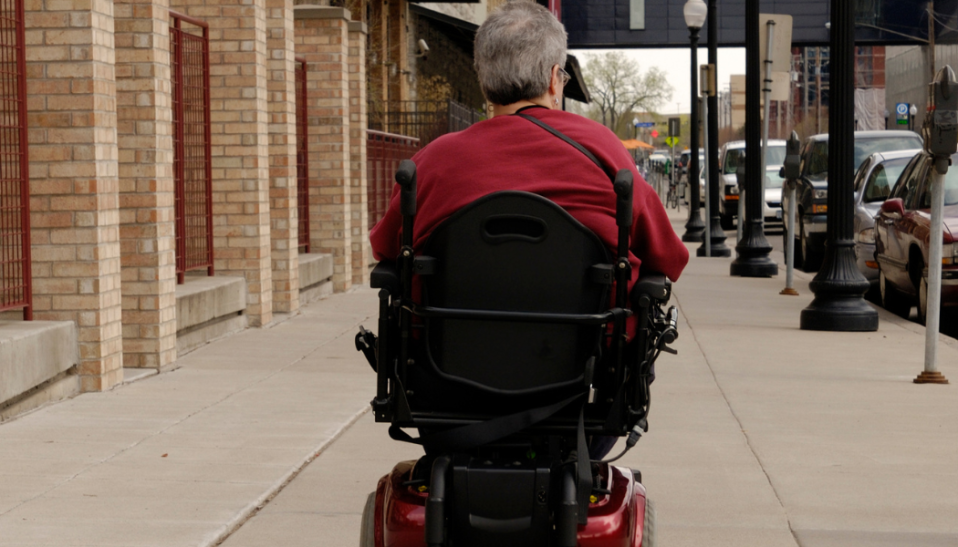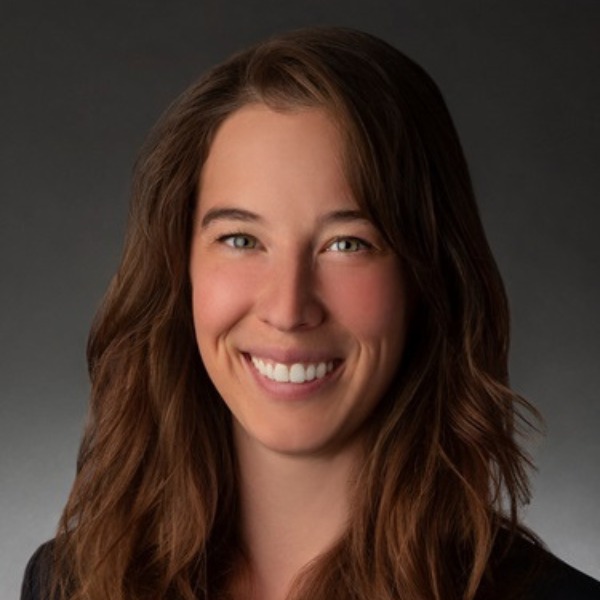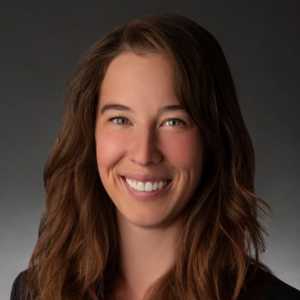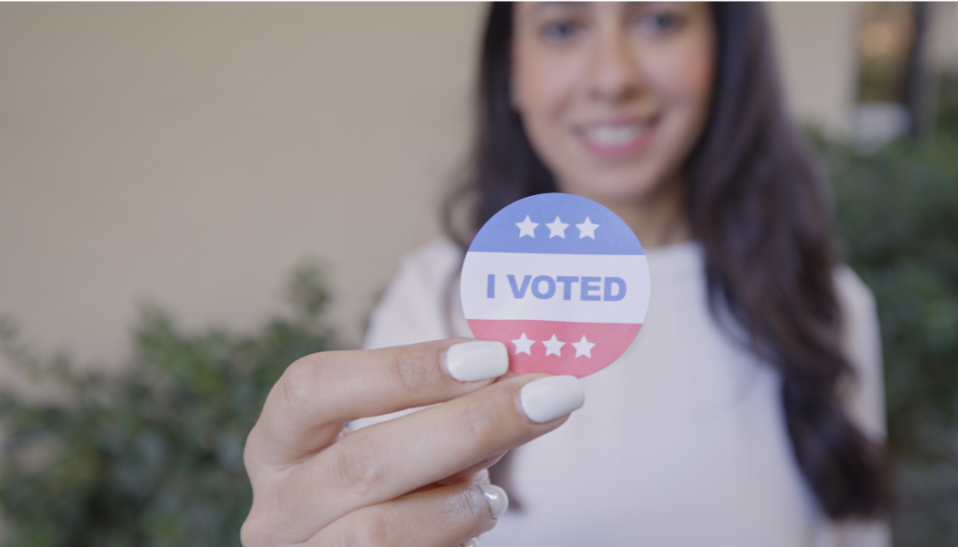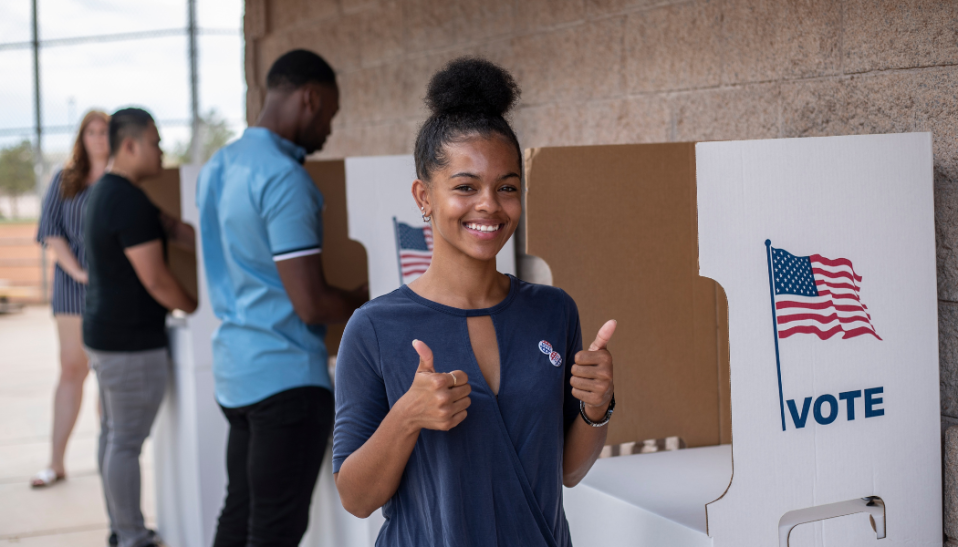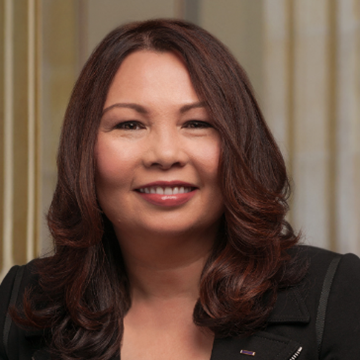December 18, 2024—Baltimore, MD— Disability Rights Maryland (DRM) and their legal partners Disability Rights Advocates, Fox & Robertson, and Goldstein, Borgen, Dardarian & Ho, on behalf of a class of pedestrians with mobility disabilities, have reached a partial agreement with the City of Baltimore to make sidewalks and curb ramps more accessible for people with mobility disabilities. This is part of a class-action lawsuit called Goodlaxson, et al. v. Mayor and City Council of Baltimore (Case No. 1:21-cv-01454-JKB).
In 2021, DRM and their legal partners filed the lawsuit on behalf of several individuals and organizations, including Susan Goodlaxson, Janice Jackson, Keyonna Mayo, and the IMAGE Center of Maryland. We argued that Baltimore City failed to follow federal disability laws because many of its sidewalks and curb ramps were not built or maintained to be accessible, making it harder for people with disabilities to safely travel around Baltimore and take part in community life.
Baltimore City’s own data shows the issue is widespread. A 2019 review found that only about 1.3% of surveyed curb ramps met ADA (Americans with Disabilities Act) standards. Many sidewalks were also damaged or too narrow for wheelchairs and other mobility devices, forcing people with disabilities to use the street alongside traffic, which is dangerous.
This lawsuit aimed to help everyone with mobility disabilities who has had trouble using Baltimore’s sidewalks, curb ramps, and pedestrian pathways because they were too steep, narrow, or damaged. The agreement, known as a partial consent decree, is a step toward fixing these issues. Starting in the third year of the agreement, the parties will work on a long-term plan to make all sidewalks and ramps accessible.
What Baltimore City Has Agreed to Do:
- Spend $44–50 Million Over Four Years
The City will repair or build thousands of curb ramps and fix tens of thousands of square feet of sidewalks. - Focus on Key Areas First
Improvements will start in important places like government offices, transportation hubs, hospitals, and business areas, especially in high-need neighborhoods. - Improve the 3-1-1 System
People with mobility disabilities can use the City’s 3-1-1 system to report broken sidewalks or ramps. Baltimore City will:- Investigate issues within 60 days.
- Provide a timeline for fixing the issue within 10 days after the investigation.
- Aim to fix the problem within nine months.
- Quickly respond to complaints about puddles forming on ramps.
- Hire ADA Coordinators
Baltimore will appoint coordinators to ensure the repairs meet ADA standards. - Raise Awareness
The City will educate the public about keeping sidewalks and ramps clear of snow and debris, especially near bus stops and public transportation. - Create a Public Database
Baltimore City will maintain an online system to track the conditions of sidewalks and curb ramps.
Why This Matters
This agreement is a big step toward making Baltimore a more accessible city for everyone. It addresses the immediate needs of the plaintiffs and sets an example for improving accessibility. Residents with mobility disabilities, and all residents, are encouraged to use 3-1-1 to report sidewalk and ramp problems. You can mention your mobility disability when reporting so repairs can be prioritized. You can report issues by calling 3-1-1 or using the website.
The Court has scheduled a Fairness Hearing for March 27, 2025 at 11:00 a.m. It will be held in person at:
United States District Court
District of Maryland, Courtroom 5A
101 West Lombard Street
Baltimore, MD 21201
